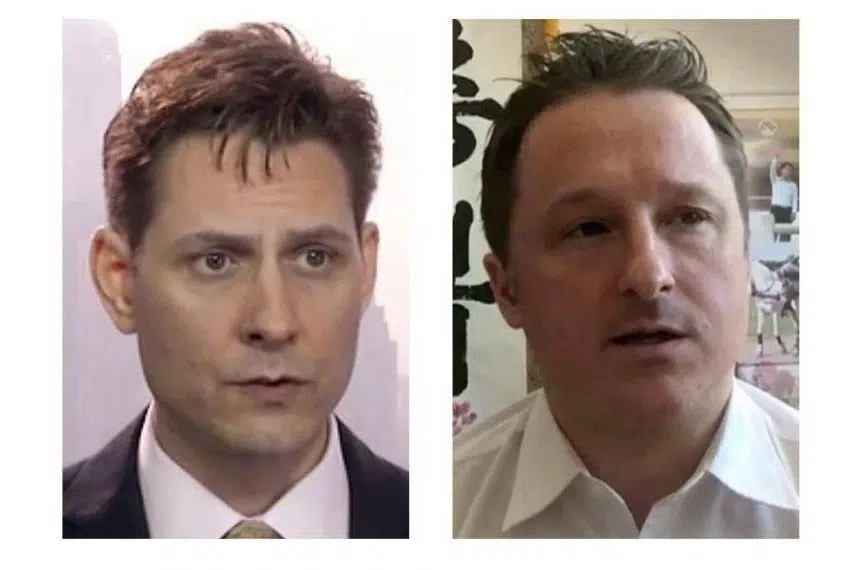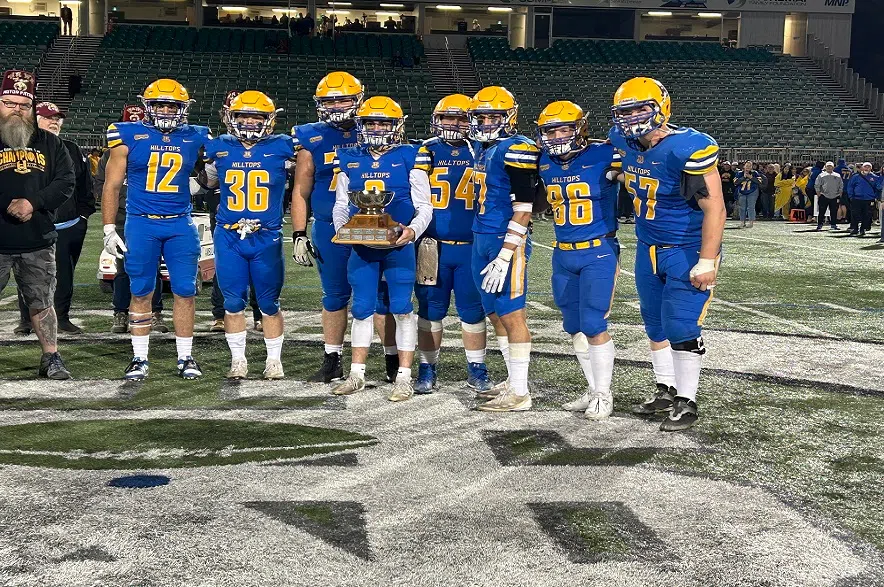Ottawa shouldn’t expect Beijing to do it any favours and free the “two Michaels” in return for medical co-operation fighting the new coronavirus, experts say.
China’s ambassador to Canada hinted at that last week and Foreign Affairs Minister Francois-Philippe Champagne says he’s used every medical discussion with China to raise the plight of the two men.
Champagne told reporters in Ethiopia on Sunday that he’s had more access to his Chinese counterparts in recent weeks and he uses the occasions to push for the release of Michael Kovrig and Michael Spavor, who have been in Chinese prisons without charge since December 2018.
They were arrested in what is widely seen as retaliation for Canada’s decision to arrest Huawei executive Meng Wanzhou on an extradition request from the United States.
David Mulroney, a former Canadian ambassador to China, says that while it is good for Champagne to keep pushing, Canada’s assistance on the coronavirus simply isn’t contingent on what China can do for Canada.
“Anything that opens up the channels of communication is a good thing, and we should use the conversation to raise all of our priorities,” he said.
“We don’t play games when people are sick, and we shouldn’t allow China to play games with us. Freeing the Michaels isn’t a favour or quid pro quo; it is what we expect of law-abiding states.”
Bessma Momani, an international-affairs expert at the University of Waterloo, says China wants only one thing — Meng released — and so-called health diplomacy will not change that.
“I hope I’m wrong,” she said.
“Why would Champagne say that? It’s kind of raising hope. So, it makes you wonder,” she said. “But at the same time, what would the Chinese get out of doing this? To them, Meng is a really important person … They don’t want to be seen as giving in.”
Meng is the daughter of Ren Zhengfei, the founder of Huawei.
Charles Burton, a former Canadian diplomat who has served in Beijing, said the Canadian efforts on the coronavirus might bear fruit.
“China is a gift giving culture. Any gift accepted creates reciprocal obligation in the recipient. So, I judge that China requesting medical aid from Canada could well lead to concessions in the negotiations over the release of Kovrig and Spavor,” said Burton, of the Macdonald-Laurier Institute think-tank in Ottawa.
In an exclusive interview with The Canadian Press last week, Cong Peiwu, China’s ambassador to Canada, praised the federal government’s co-operation in combating the outbreak of the coronavirus and suggested that might useful in repairing the diplomatic rift between their countries.
“Anything that your side has done and will be doing in the next few weeks in our fight against the disease, of course, that’s much appreciated, and that’s good,” Cong said.
“We would like to strengthen this kind of scientific co-operation with the Canadian side. Of course, we are grateful for what Canadians have been doing in sending medical supplies to China. That is also very much appreciated.”
Global Affairs Canada said it had shipped about 16 tonnes of personal protective equipment to China, including clothing, face shields, masks, goggles and gloves, in the last week.
Champagne said he believes it is important to keep lines of communication open when dealing with China on “the two Michaels.”
“I’ve been very clear that while we’re dealing with the coronavirus with the Chinese authorities that the foremost priority is to bring the Michaels back home. Every time I have a chance to talk to my Chinese counterpart, every time there’s a dialogue, obviously we bring that issue (up),” Champagne said Sunday in Addis Ababa.
“The more you talk, the more you can certainly try to build a bridge that is needed in order to strengthen or to restore a relationship.”
— With files from Mia Rabson in Addis Ababa.
Mike Blanchfield, The Canadian Press







